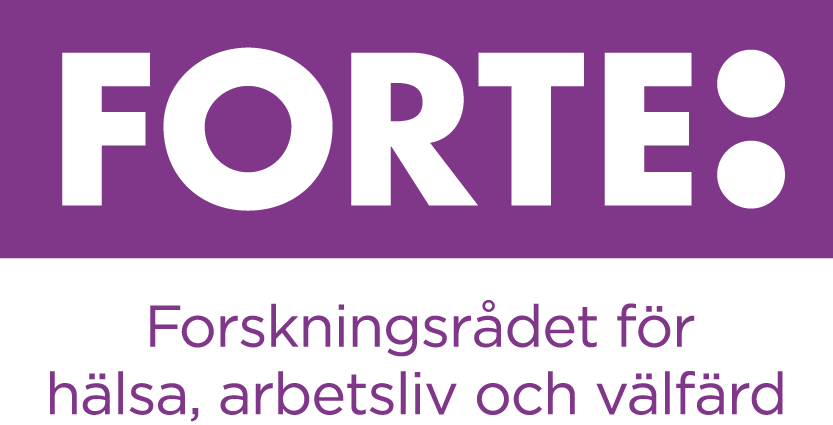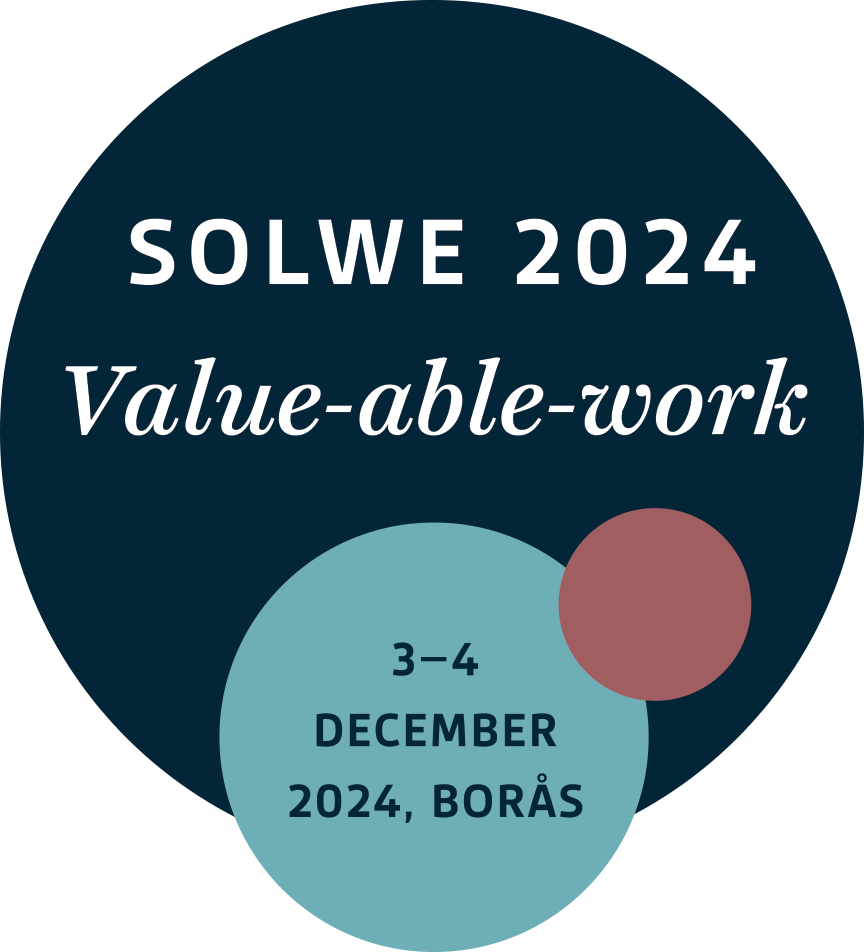Keynote speakers
SOLWE 2024!
Read more about our keynote speakers below, this page is regularly updated.

Kath Morris
Kath’s career spans more than four decades in UK social work, criminal justice and social work academia. She gained a BA honours degree and social work qualification in 1982; after a brief period as a social worker she moved to the probation service, gaining an MA in criminology in 1989. She went on to become a manager and senior manager in probation, where she held leadership posts at regional and national level. After leaving probation in 2008, Kath established a career as a social work academic, lecturer and senior lecturer, teaching and training undergraduates, post-graduates, social workers and managers and developing continuous professional development courses. She undertakes independent reviews in cases of fitness to practise, complaints and other human resource processes; she has undertaken inspections of qualifying social work courses and acted as a consultant to health and social care departments at Keele and Staffordshire universities.
For the past four years, Kath has worked as a leading member of an Erasmus plus project (REVAMP), developing online training materials on domestic abuse for healthcare professionals across Europe. Kath is now semi-retired, choosing to focus on her long-term interest in promoting compassionate leadership as a counter to the impact of neoliberalism and managerialism. She founded and coordinates ECHO, an international collaboration involving academics from the UK, Sweden and Iceland, aimed at developing ethical, compassionate and humane organisations.
In Kath’s keynote speech, she will present a new leadership model developed through her work with ECHO, which draws on learning from safeguarding practice, compassion focused therapy and trauma informed responses to abuse. She will discuss the narrowing of leadership perspectives due to neoliberalism and managerialism and consequent moral injury, which can mirror inter-personal abuse, present examples of ethical, humane and compassionate organisations and leadership and introduce the ECHO leadership model, illustrating how it can help to promote healthier cultures and to address the significant challenges faced by organisations.

Rolf Solli
More than 50 years ago, Rolf Solli participated for the first time in the preparation of a budget in a Swedish municipality. Since then, his interest in issues relating to governance and management in the welfare sector has continued. During the first few years after his BA in Public Administration, he worked with administration and management in health and social care. After that, he alternated practical work with research and postgraduate education in management in the public sector for over ten years. He received his PhD in 1991 from the University of Gothenburg with a thesis on the use of accounting in first-line welfare managers. From 1993 to 2000 he was Head of the School of Public Administration and between 2003 and 2012 Professor and Director of the Gothenburg Research Institute. Between 2012 and 2022 he was Professor at the University of Borås. Since 2022 he is Professor Emeritus at the School of Public Administration.
Over the years, he has published some twenty books and more than a hundred other publications. All publications are more or less about governance, management, leadership and/or organisation. Relevant publications in this context include
• Czarniawska, Barbara and Solli, Rolf. 2019. The future welfare in Sweden. Paper presented at NFF, Wasa. Finland. 22-23 August.
• Solli, Rolf: Czarniawska, Barbara: Demediuk, Peter and Anderson, Dennis. (2020). Searching for New Welfare Models – Citizen Attitudes to the Past, Present and Future of the Welfare State. London. Palgrave Macmillan.
• Wolmesjö, Maria & Solli, Rolf. (red) (2021) Styrning, organisering och ledarskapande i framtidens välfärd. Lund. Studentlitteratur.
• Wolmesjö, Maria & Solli, Rolf. (red) (2023) Välfärden Paradoxer Spänningar och Dilemman. Lund. Studentlitteratur.
The presentation at this conference will partly deal with the difficulties inherent in capturing the resources required for welfare. Small changes in demographic variables have a big impact on what welfare means, in Sweden’s case it is about big changes. At the same time as it is difficult to understand demand, there are difficulties in articulating what is to be provided. All in all, it is a difficult governance situation. Why is it so difficult to link desired outcomes to adequate practices in day-to-day operations?

Eglė Rindzevičiūtė
Eglė has a long-standing research interest in the historical development of evidence-based public policy, particularly the wider political impacts of scientific expertise. Much of her work has focused on the transnational organisation of knowledge during the Cold War, where, she argued, the system-cybernetic approach and computer-based modelling served as a bridge between East and West, whereas inside the Soviet Union these approaches had a strong political and social impact that liberalised forms of the authoritarian governance. Among key legacies of this development are global climate change science as well as cybernetic and digital approaches to the study and governance of individual and collective behaviour. This argument was presented in her book The Power of Systems: How Policy Sciences Opened Up the Cold War World (Cornell University Press, 2016). More recently Eglė delved in the problem of scientific prediction, as policy makers are increasingly expected to use not only diagnostic evidence about the past, but also prognostic knowledge about the future. In her most recent book The Will to Predict: Orchestrating the Future through Science (Cornell University Press, 2023), Eglė argued that there is a significant lack of awareness of differnt forms of scientific prediction which leads to inappropriate policy and management expectations. Eglė received a PhD in Culture Studies from Linköping University in 2008, which was followed by postdoctoral research at the Gothenburg Research Institute, Linköping University and Sciences Po in Paris, before she moved to Kingston University London in 2015, where she is now Associate Professor of Criminology and Sociology.
In her keynote Eglė will explore the epistemological and organisational conditions that are required for the sustainable use of predictive scientific expertise in the context of governing complexity. There is no shortage of scientific evidence on the short- and long-term impacts of global climate crisis as well as the destruction of the global biosphere. The question is, to what extent the lack of action is conditioned by the limited governmental imaginaries which struggle to recognise the specificity of predictive knowledge? Policy inaction when there is no lack of evidence is often justified by pointed out the tendency for predictions to fail. However, it will be argued, it is precisely the fallability of predictive knowledge that makes it both scientific and useful in practice.

Philip Taylor
Ageing and the Workforce: Management Quality in Long-Term Care
Amid ongoing concerns about meeting the staffing needs of long-term care providers, arguably exacerbated by the COVID-19 pandemic, there is a need to understand better the skills and capabilities required of managers in the sector. Internationally, the management of the long-term care workforce has been neglected by the research literature and recent enquiries into the sector. There is fundamental agreement that well-managed staff provide better care. The sector’s leadership and workforce have been under scrutiny for some time, and the context of COVID-19 has shone further light on their limited ability to respond to crises. It is recognised that operational deficiencies in the organisation and characteristics of the sector’s workforce and its socio-cultural positioning have contributed to sub-optimal functioning. This project collated evidence and recommendations that could inform policymaking among long-term care providers and policy and decision-makers. The paper reports critical information regarding the building of capabilities in long-term care workforce management, including current and future workforce considerations, value proposition, onboarding of staff, career development and retention. Recommendations regarding essential management capabilities in the long-term care workforce are set out to provide a basis for developing innovative and novel methods for improving and monitoring the quality and impact of management on the workforce.
Organised by
Questions? Please contact Maria Wolmesjö, Professor
Email: maria.wolmesjo@hb.se
With contributions from

Important dates
20th of September
During October
31th of October
Congress secretariat

Phone: +46 (0)18 18 35 35 (Tuesday-Thursday at 9.00-12.00)


